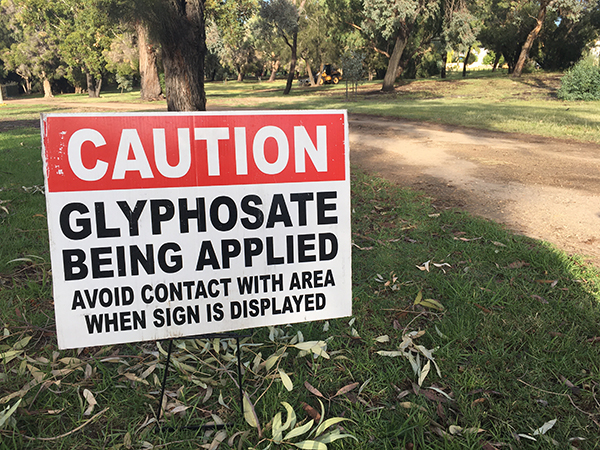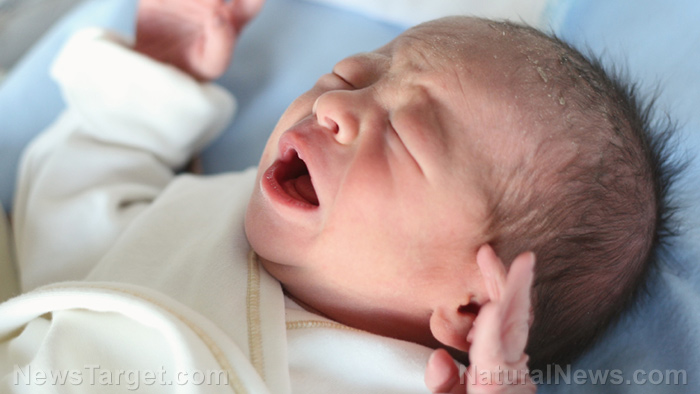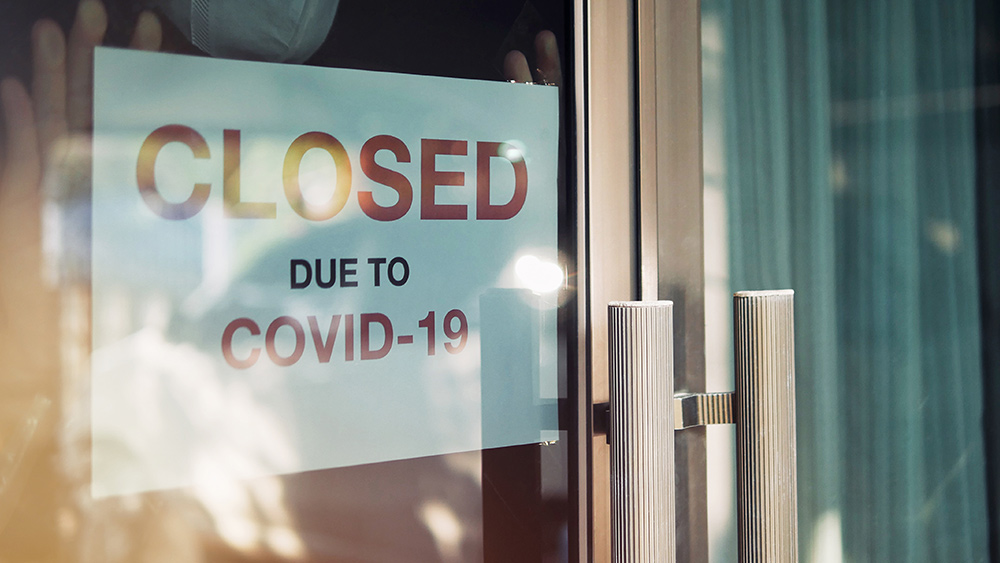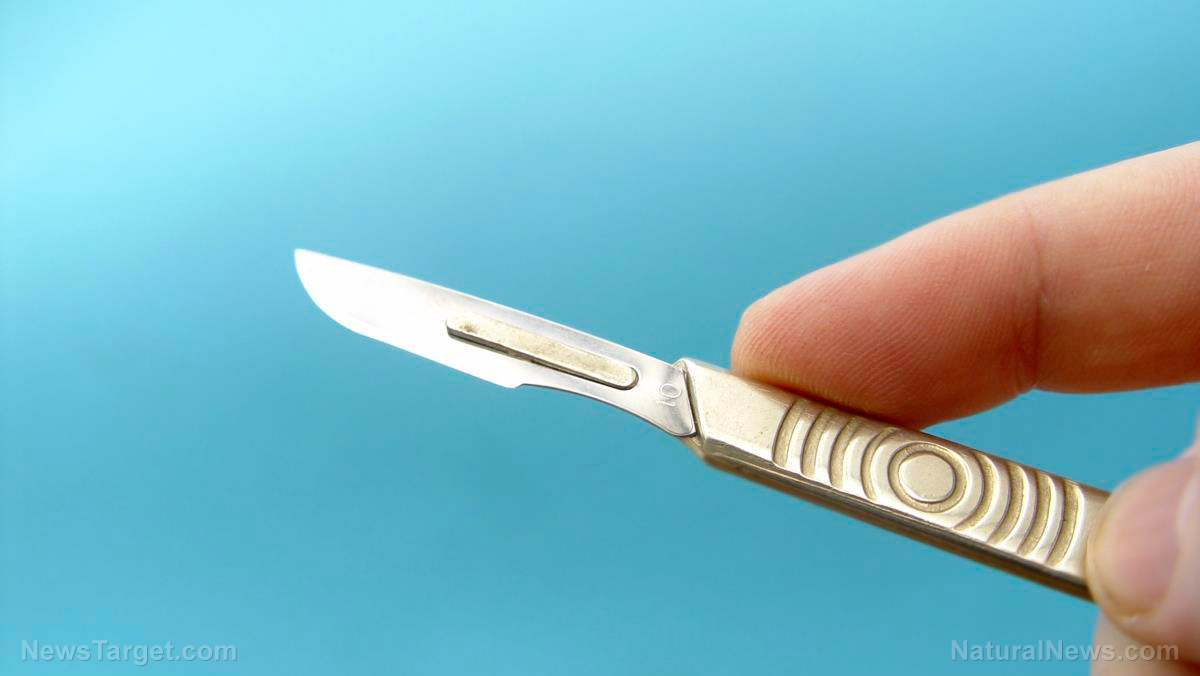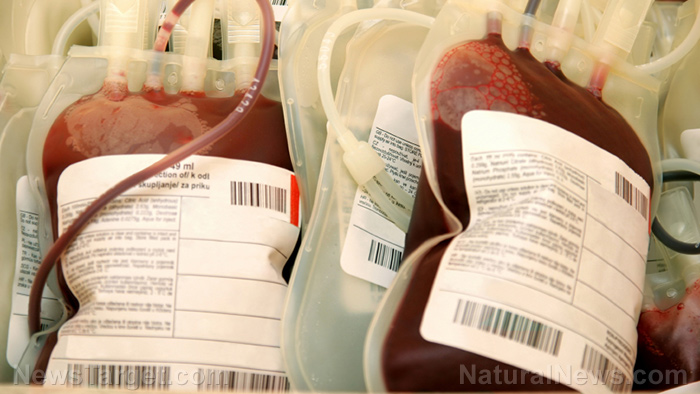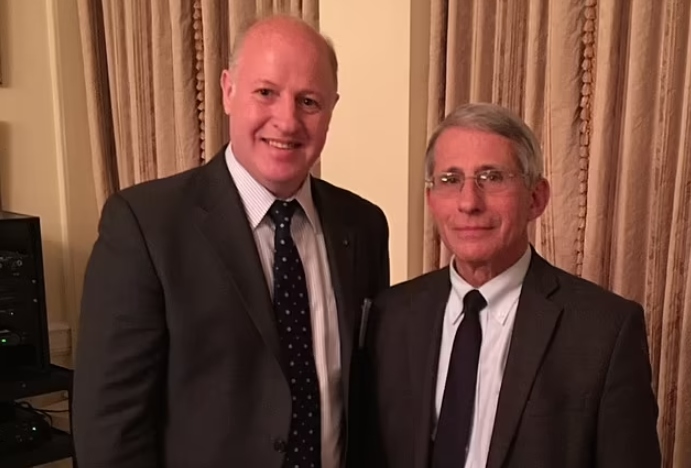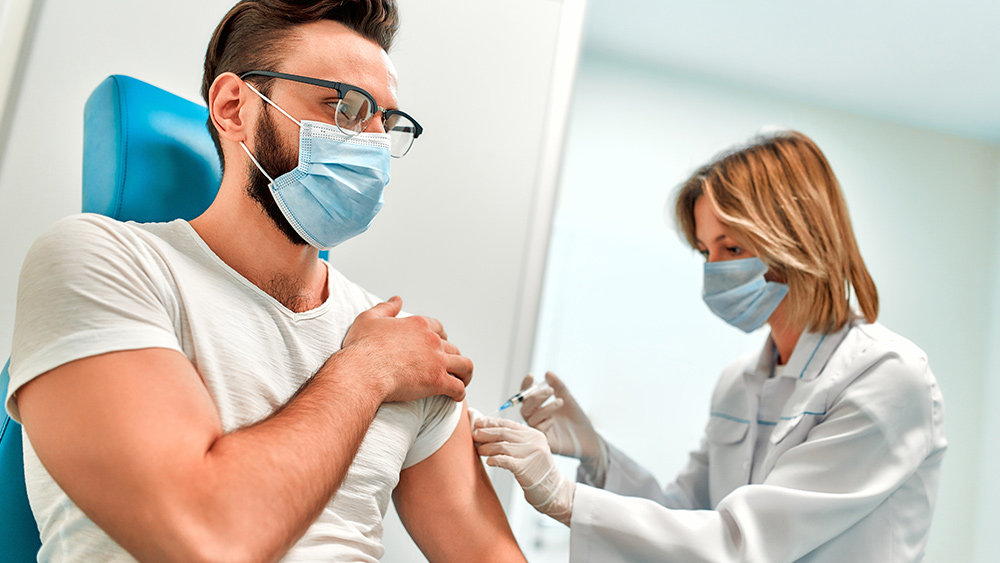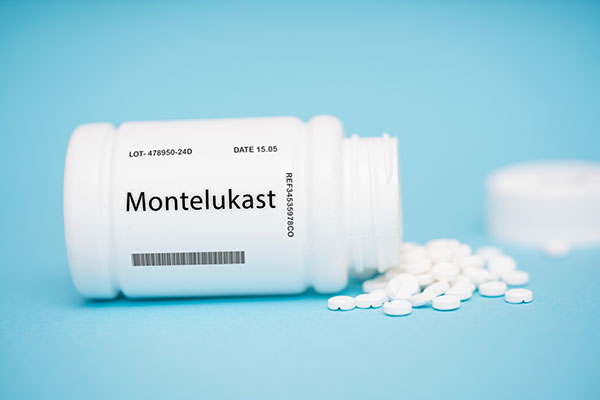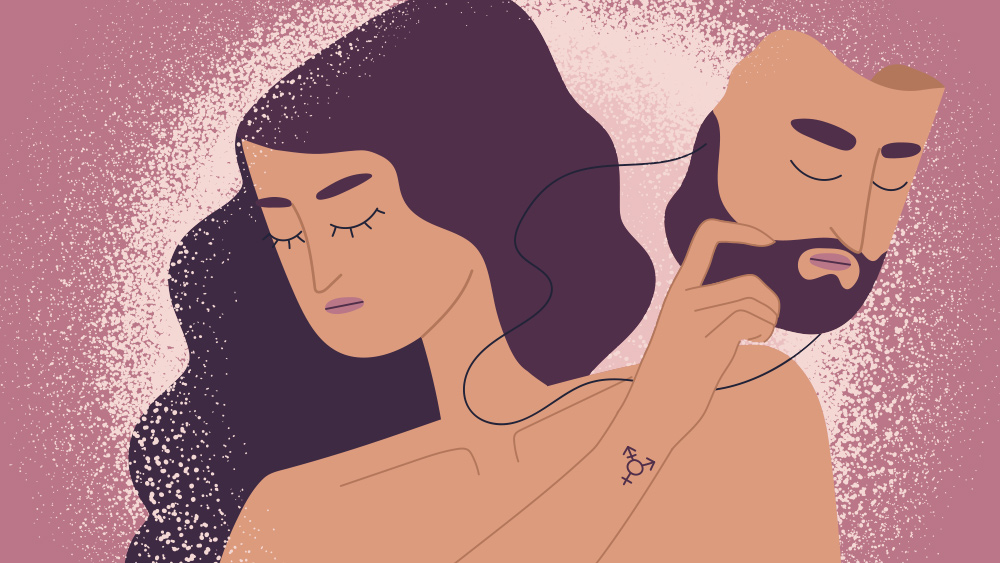Neuralink receives FDA approval to implant brain chip in second patient
05/27/2024 / By Olivia Cook
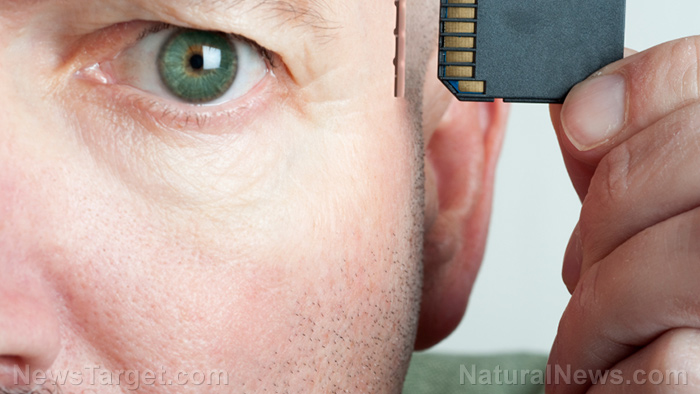
Elon Musk’s Neuralink has received approval from the Food and Drug Administration (FDA) to implant its experimental brain chip Telepathy in a second patient.
Neuralink, the brain-chip startup founded by Elon Musk, has been given the green light by the FDA to proceed with implanting a brain chip in a second patient. This decision follows complications encountered with the first trial participant To address these issues, Neuralink has made adjustments, including embedding some of the device’s ultrathin wires deeper into the brain, according to a source familiar with the company and a document reviewed by the Wall Street Journal.
Neuralink plans to expand the trial to include 10 participants this year, enabling them to interact with computers using their thoughts. The primary goal of the project, known as the PRIME Study, is to develop a “fully implantable, wireless brain-computer interface” that allows users to control a computer cursor or keyboard with their thoughts.
This groundbreaking technology reportedly has the potential to offer transformative treatments for physical disabilities, such as blindness and paralysis, as well as conditions, like autism, depression, obesity and schizophrenia. (Related: Elon Musk’s Neuralink to implant its experimental brain chips on at least 11 volunteers in 2024.)
Neuralink’s brain chip, named Telepathy, was first implanted in late January in 30-year-old quadriplegic Noland Arbaugh. The chip allowed Arbaugh to control a computer mouse using his thoughts without any initial adverse effects, according to Neuralink. The procedure involved a specially designed robot placing the coin-sized chip, which has ultra-thin flexible threads, into the brain region responsible for movement intention. This chip records and transmits brain signals wirelessly to an app that decodes the movement intention.
Human knowledge is under attack! Governments and powerful corporations are using censorship to wipe out humanity's knowledge base about nutrition, herbs, self-reliance, natural immunity, food production, preparedness and much more. We are preserving human knowledge using AI technology while building the infrastructure of human freedom. Speak freely without censorship at the new decentralized, blockchain-power Brighteon.io. Explore our free, downloadable generative AI tools at Brighteon.AI. Support our efforts to build the infrastructure of human freedom by shopping at HealthRangerStore.com, featuring lab-tested, certified organic, non-GMO foods and nutritional solutions.
As Neuralink prepares for its second test participant, Arbaugh is sharing his experience with the device, detailing the significant impact it had on his life and the emotional highs and lows he faced – particularly after the device lost part of its functionality.
Telepathy implant encounters issues
In the days following his implantation in January, Arbaugh used the Neuralink implant to control a computer cursor with his thoughts. For a quadriplegic who hadn’t moved below his shoulders for eight years, this newfound ability allowed him to communicate with friends, play games and engage with the world in ways he hadn’t thought possible since his accident.
However, about a month after surgery, Arbaugh noticed the device was no longer working properly. Most of the threads implanted in his brain had come loose and were no longer reading the electrical signals needed to translate his thoughts into cursor movements.
In an interview, Arbaugh said: “I was on such a high and then to be brought down that low. It was very, very hard. I cried.”
The Neuralink N1 implant is a container about the size of a U.S. quarter that holds electronics and a battery. Its 64 external threads – each thinner than a human hair – are inserted into the brain’s motor cortex to relay neural signals.
Arbaugh mentioned that around 15 percent of the threads inserted in his brain remain in place. These have stabilized, and subsequent software updates by Neuralink have restored many of the device’s capabilities, which he has since demonstrated in live streams.
Since this was the first time such a device had been implanted in a human, Neuralink was uncertain about how much the brain would move within the skull. Arbaugh revealed that his brain moved up to three times more than the company had anticipated.
To address this, Neuralink has proposed, and the FDA has approved, a solution to implant the threads deeper into the brain of the second patient – eight millimeters into the brain’s motor cortex, compared to the three-to-five millimeters for Arbaugh – to prevent retraction.
The company plans to carry out this procedure in June, with eight more participants scheduled for trials before the end of the year. Over 1,000 quadriplegics have signed up for Neuralink’s patient registry.
Visit ElonMuskWatch.com for more news on Elon Musk and Neuralink.
Watch the following video about “Neuralink, AI and the battle of the mind.”
This video is from the Last Day Deceptions channel on Brighteon.com.
More related stories:
Elon Musk claims Neuralink chip can be used to “save your brain like a game.”
Elon Musk’s brain chip implant company fined for violating U.S. hazardous material transport rules.
Brain CONTROL: Musk’s neurotechnology company Neuralink looking for brain implant trial volunteers.
Sources include:
Submit a correction >>
Tagged Under:
big government, biotechnology, brain health, brain implants, FDA, Food and Drug Administration, future science, future tech, health science, inventions, medical experiments, Mind, mind body science, mind control, Neuralink, Noland Arbaugh, research, science deception, science fraud, telepathy, transhumanism
This article may contain statements that reflect the opinion of the author

